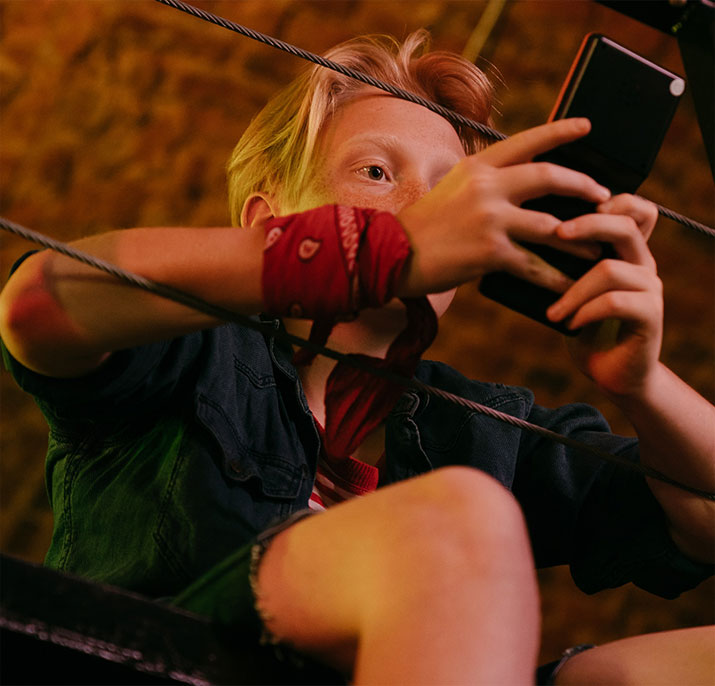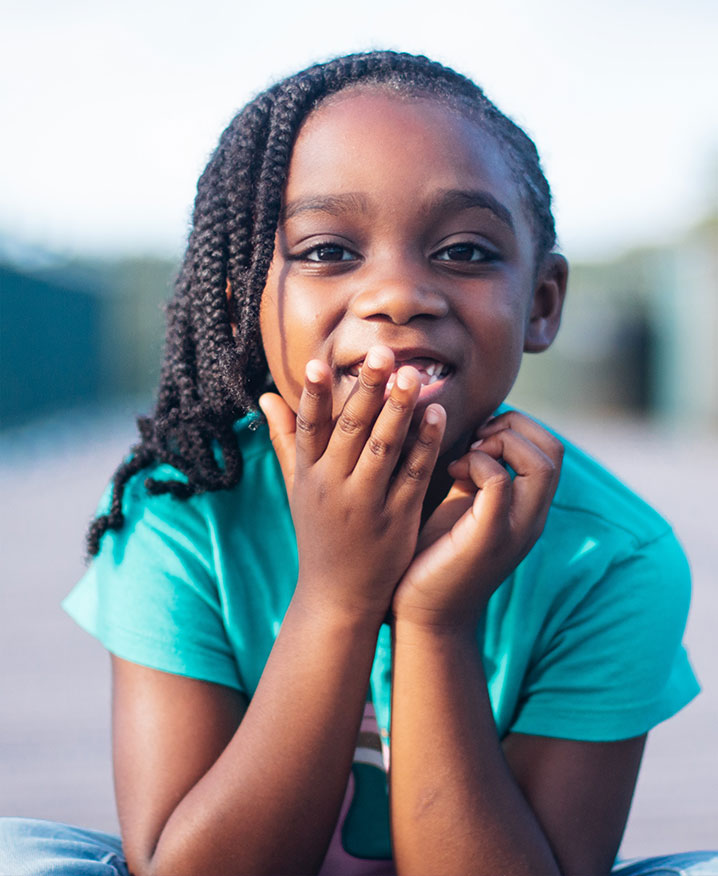
Kids Online Safety Research
The information provided in this consultation will help to develop datasets with examples of authentic cyberbullying, grooming and self-harming content, necessary to train artificial intelligence (AI) models that allow Cilter to operate.
Once developed, Cilter will be a parental control technology that would allow for the filtering and blocking of harmful online content on the child’s phone. Examples of such harmful online content include grooming (child solicitation online for the purpose of sexual and other types of abuse); cyberbullying (repeated hurtful behaviour such as comments, gossip or exclusion) and self-harming content (content that discusses or shows how one can hurt oneself, including suicide).
The technology is state-of-the-art because it works across the apps on the child’s phone. Cilter is not a safety app but a software modification to the phone’s operating system, which allows it to monitor messaging apps on the child’s phone for harmful online content, including encrypted direct messaging apps such as WhatsApp.
Click here to view or download our Plain Language Statement.
See how Cilter works
How will Cilter Work
Cilter works by facilitating parent-child communication: If Cilter detects harmful online content, it notifies the parent/family member whose phone is paired with the child’s that harmful content/behaviour/interaction has been detected. It also sends a prompt to check in on the child and with specific advice as to how to do that. Cilter does not spy on children and it does not allow parents and caregivers to monitor all child communication on their phone, which research suggests can negatively influence parent-child trust.
Cilter will not be a substitute for vigilant parenting – the Cilter solution will be a technical tool, but education/ communication are key to protecting children also.
It’s expected that Cilter will be available on the market in 2025.
We don't keep any information that could identify someone.
Need help or
would like to
talk to someone?
- If you or your child feels the need to talk to anyone about thoughts, emotions, or anything that may be associated with these issues, please consider him/her/they calling Childline on 1800 66 66 66 or the ISPCC special line 1800 400 100.
- If you would like to talk to a professional (someone whose job it is to help children and adults), please contact the ISPCC’s Support Line service can be contacted by email to parentingsupport@ispcc.ie or between 9am – 1pm Monday – Friday by calling 01 522 4300.
- If you would like to report the incident you anonymously described in the form, you can do so by contacting TUSLA, Child Protection Agency.








